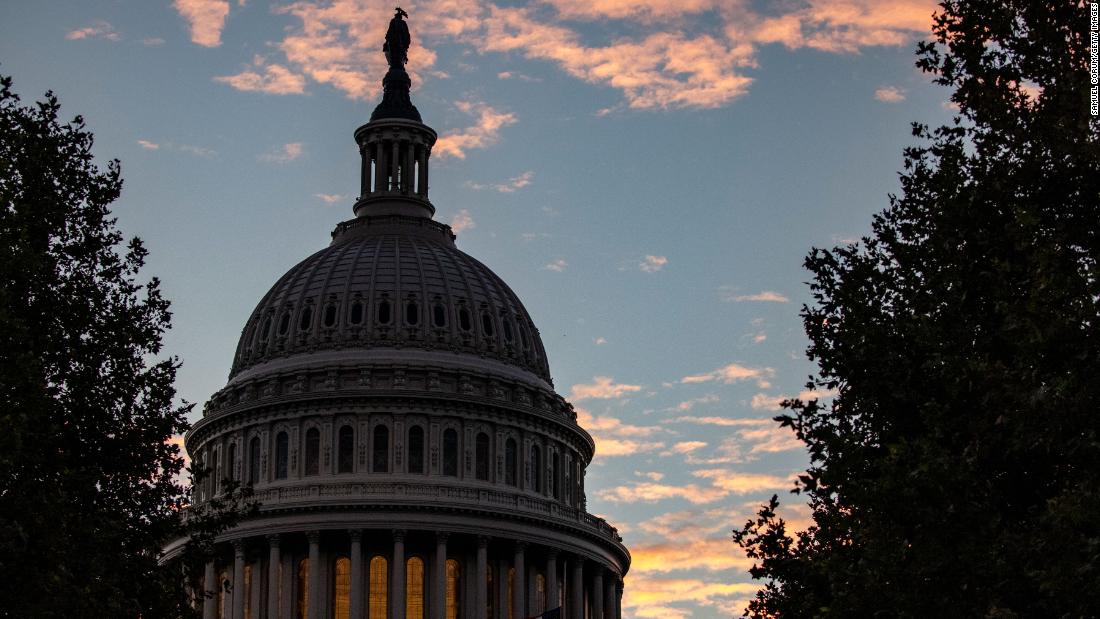
New York, NY (CNN)The media treats some aspects of the first amendment — such as press freedom — as sacred. But when it comes to other crucial protections, including free and fair elections and other basic tenets of democracy, there tends to be a "sliding scale." On "Reliable Sources" Sunday, CNN's chief media correspondent Brian Stelter discussed the changing role of political media — and how reporters need to do a better job protecting democracy.
"My main critique is that is that the goalposts have been moved for everything other than the press coverage of press freedoms," Marc Elias, the founder of Democracy Docket, said on "Reliable Sources" Sunday.
"A couple of weeks ago there was more coverage about the failing of a news outlet I had never heard of, frankly," Elias said. "And less about the backsliding of democracy."
Robert Costa, a reporter at The Washington Post and co-author of "Peril," said the role of political journalism has to change in an era of rapid misinformation and polarization.
After working with Watergate reporter Bob Woodward on the book, Costa said he realized democracy itself was in peril in the US — and former president Donald Trump is playing a pivotal role.
"[Trump] used power when he was in office to test democracy to the extreme," Costa said. "He's doing it again, inside the Republican Party, to pressure Republicans to say the election was stolen."
Costa said journalists can no longer cover politics based on red states vs. blue states or the personalities of candidates or elected officials.
"For understanding American politics in this fragile moment you have to see how power is being used, not just in the halls of the Capitol, but outside," Costa said.
As a former reporter for conservative outlet the National Review, Costa said he reported on the rise of birtherism and the Tea Party movement, which at the time represented fringe viewpoints but eventually took center stage in the Republican party.
"More reporting is always the answer," Costa said. "It's not about not covering [personalities], it's about covering them in a way that really gets at who these people are, how they will use power."
Real consequences
Election lies have real consequences. On "Reliable Sources," Stelter revealed that he was the victim of a serial harasser while covering the end of the 2020 presidential election. He's identified as "victim one" in the criminal case, in which the perpetrator was charged for sending threatening text messages to politicians and journalists.
The harasser found phone numbers and addresses for Stelter and his family members, and threatened his brother. He even sent Stelter a picture of his father's grave.
"Then it got worse," Stelter said. The guy sent me a voice message saying you can 'either choose to dig the hole deeper or stop digging because we're not effing around,'"
Stelter realized it wasn't just about scaring him.
"This man probably was about something, he thought he was a part of something bigger, ... he really seemed to believe Trump won. To him every day was January 6th," Stelter said.
Stelter was not aware of the scale of the harassment until the FBI contacted him in March. On Friday, the California man pleaded guilty to one count of making threatening interstate communications relating to ABC News host George Stephanopoulos.
"Now that man is behind bars but this is the type of harassment that journalists face every day," Stelter said. "It is pervasive."
"how" - Google News
October 18, 2021 at 01:25AM
https://ift.tt/2XltSi9
'More reporting:' How journalists should cover threats to democracy - CNN
"how" - Google News
https://ift.tt/2MfXd3I
https://ift.tt/3d8uZUG
Bagikan Berita Ini















0 Response to "'More reporting:' How journalists should cover threats to democracy - CNN"
Post a Comment